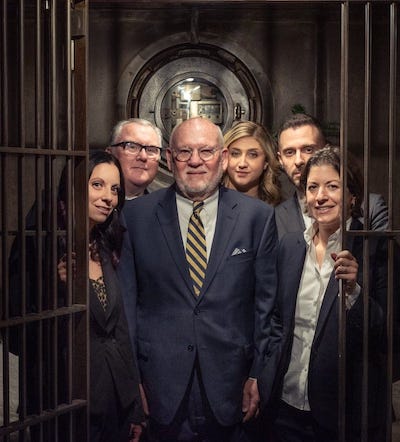
A criminal conviction does not have to follow you for the rest of your life. Apply for a pardon and put the past in the past.
Everyone makes mistakes. Some mistakes are worse than others, but everyone deserves another chance. This is what a pardon can do for those convicted of crimes. When a pardon is granted, it erases a person’s criminal history, which can help when that person applies for jobs and moves on with their life. If you are trying to put the past behind you and searching for a fresh start, a Connecticut pardon might be the answer.
The Pardon Process
All applications for pardons (also known as expungements) go to the Board of Pardons and Paroles. So, if you want to apply for the pardon, you should familiarize yourself with this Board and how it works.
The Board consists of twenty members appointed by the governor and has the authority to grant both partial and full pardons for any offense against the state under § 54-124a. Board of Pardons and Paroles. The governor cannot grant pardons – that job goes solely to the Board. If you are denied, the Board must give a written statement describing why you were rejected. Here at Ruane Attorneys, we have dedicated one of our attorneys for this process,
The Board must allow crime victims to testify at a session where the board will consider granting a pardon, reducing a prisoner’s sentence, or releasing them. The victim of an offender’s crime may make statements regarding release, sentence reduction, or pardon. The statements may be presented orally or in writing and must be made a part of the record.
Applying for a Pardon
While a pardon might sound like a great idea to you, you should first make sure that you are eligible before applying. You can read our other pages regarding pardons to learn about pardon eligibility as well as how to proceed with your pardon. If you need assistance with your pardon, we are happy to help!

 Text: (203) 925-9200
Text: (203) 925-9200 Facebook Messenger
Facebook Messenger


